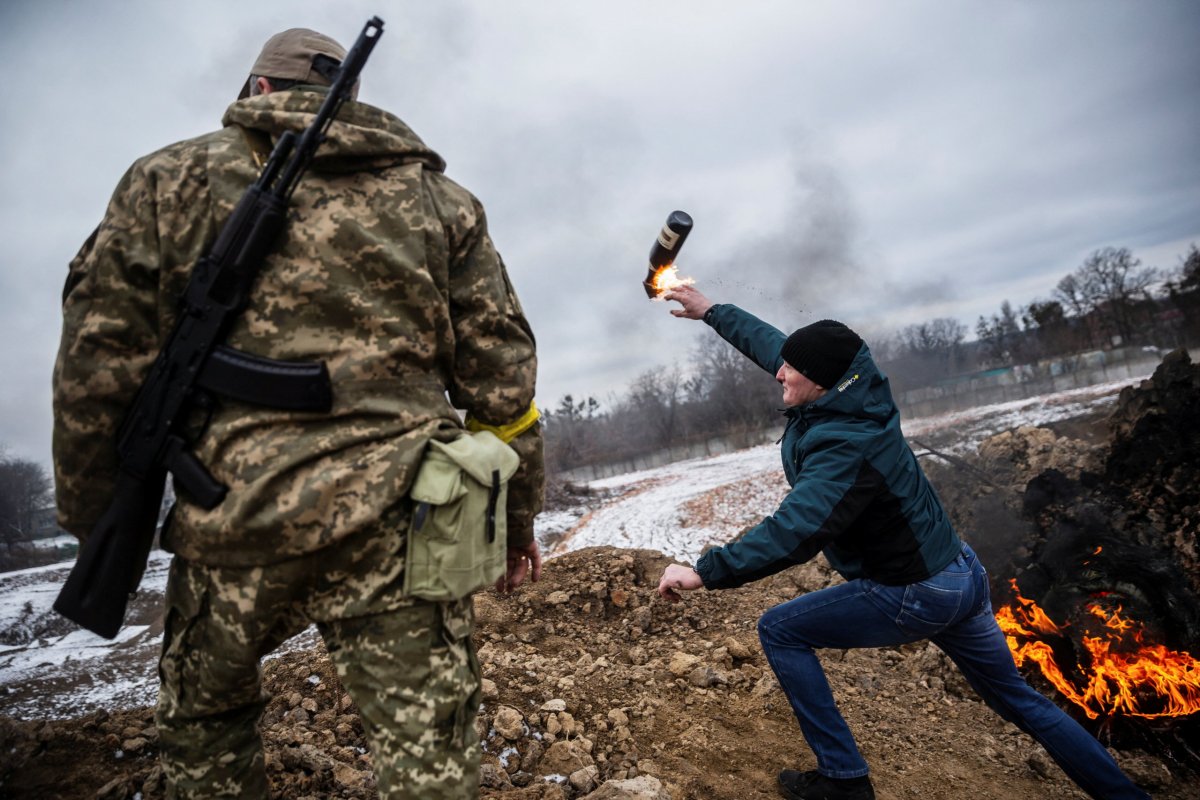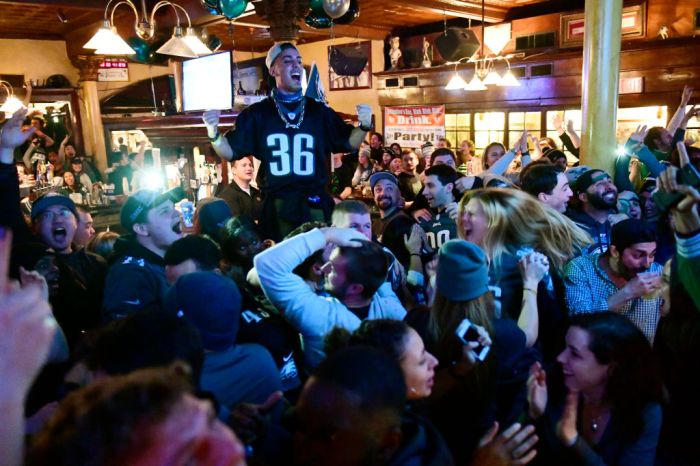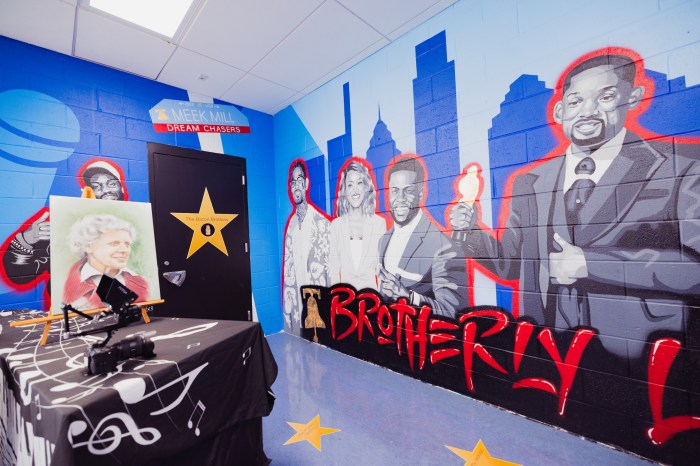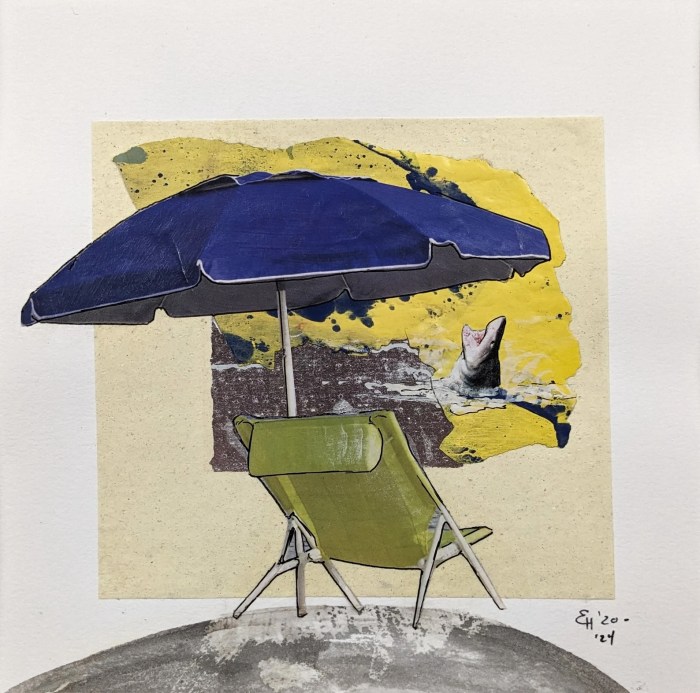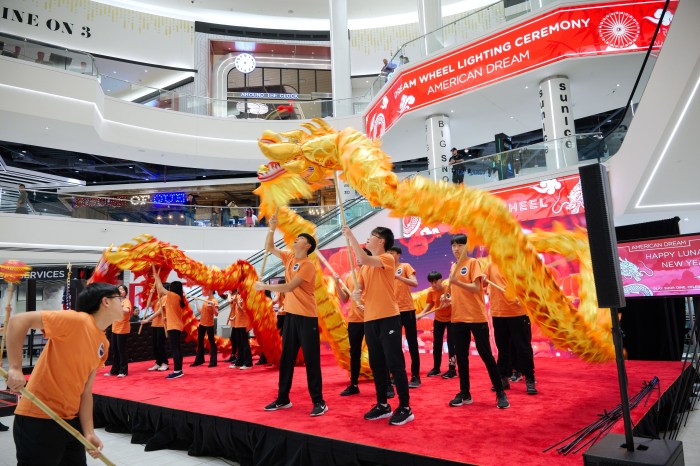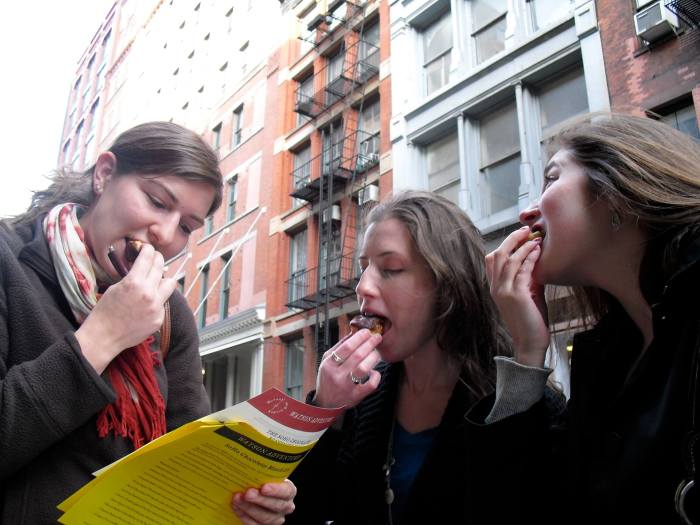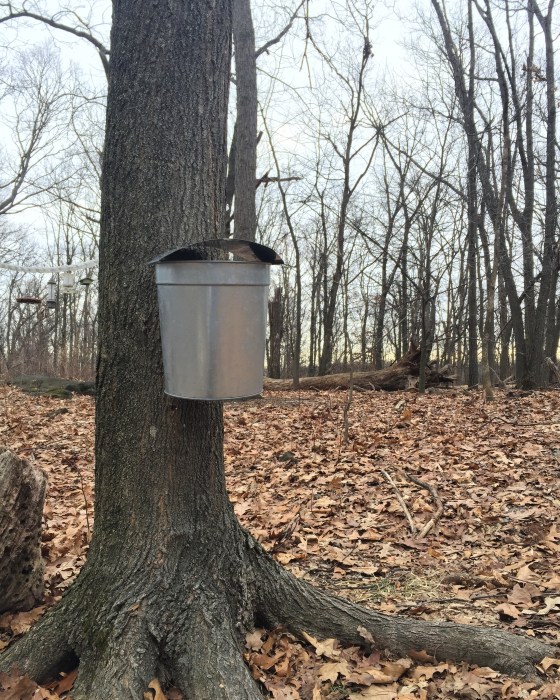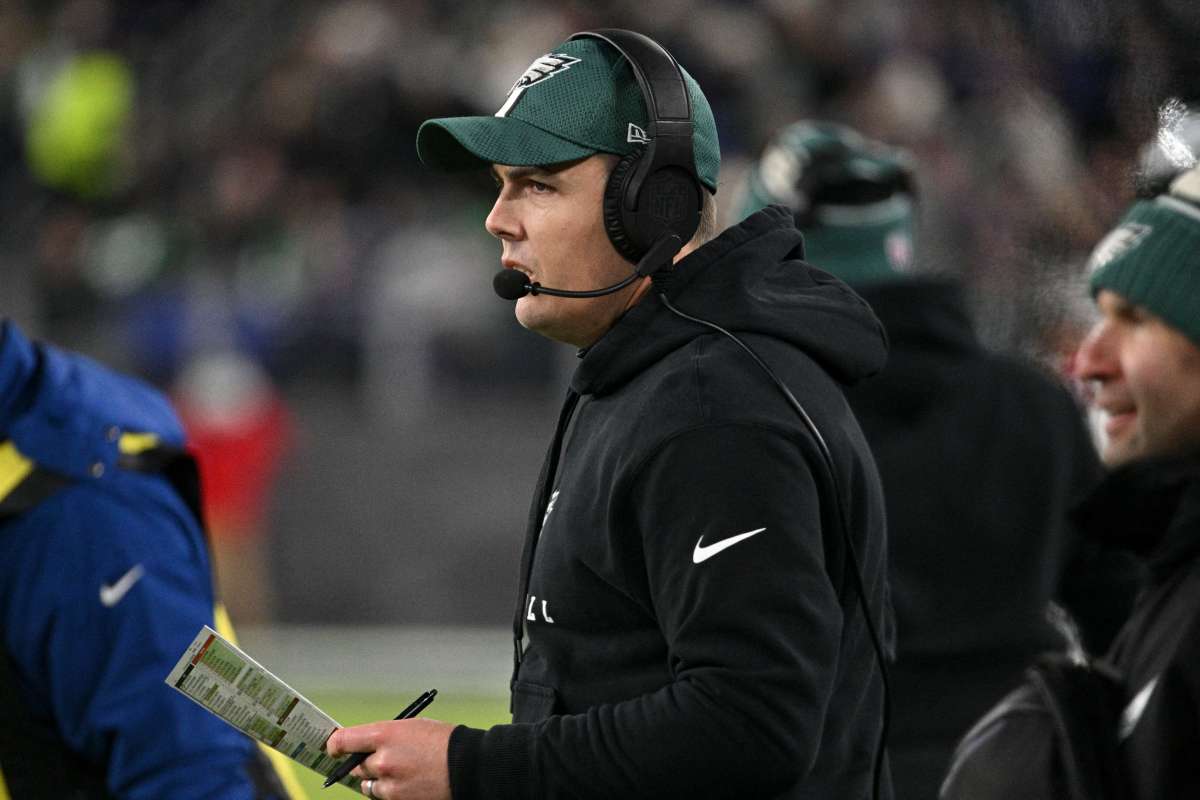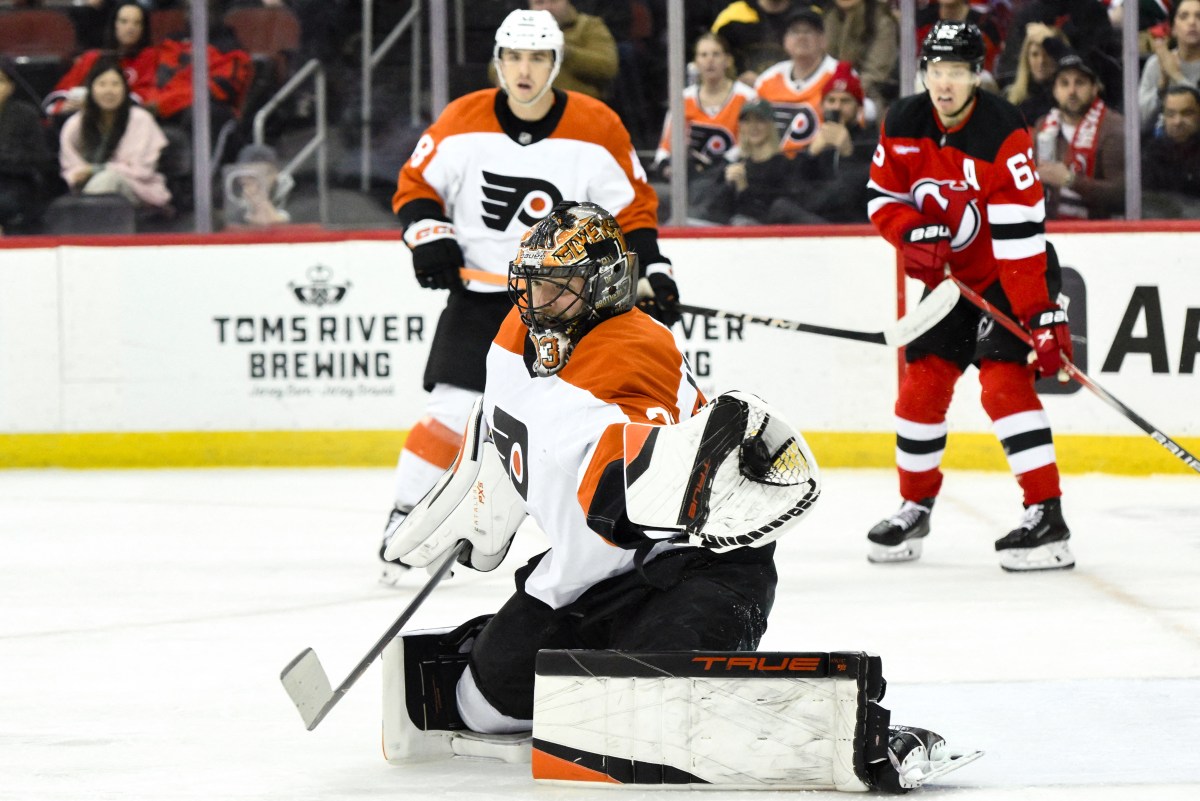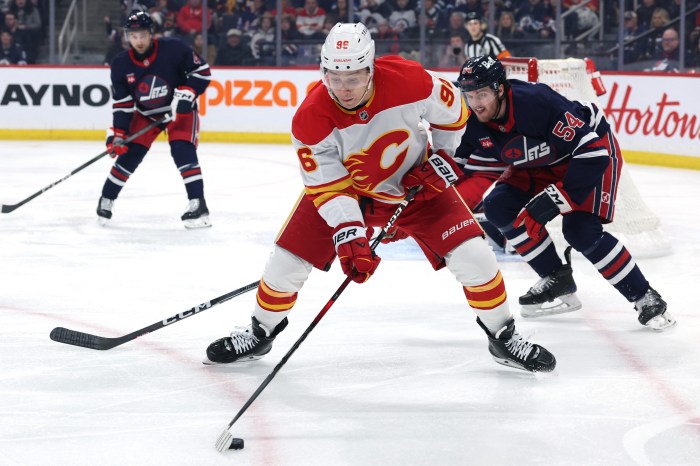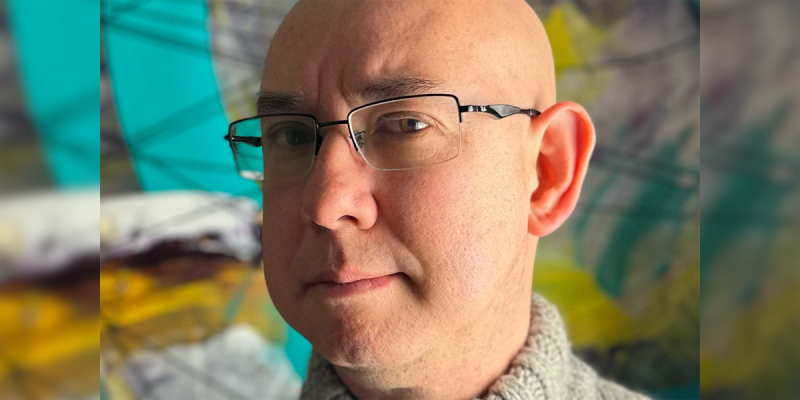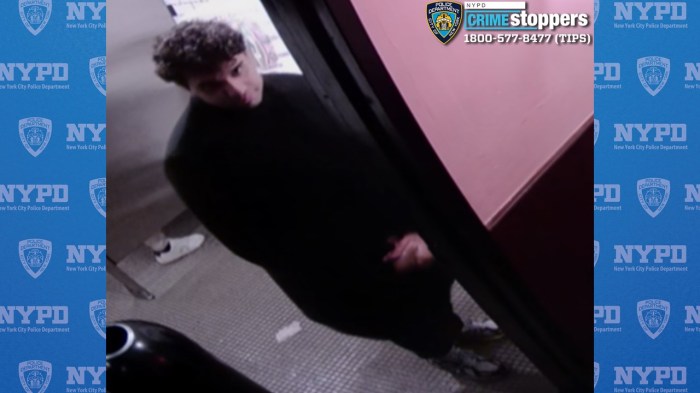Ukrainians said they were fighting on in the southern port of Kherson, the first sizeable city Russia claimed to have seized, while Russian air strikes and bombardment caused devastation in cities that Moscow’s bogged down forces have failed to capture.
After nearly a week, Russia has yet to achieve its aim of overthrowing Ukraine’s government, but has, according to the Ukrainian emergency service, killed more than 2,000 civilians and destroyed hospitals, kindergartens and homes.
Western countries are worried that its forces are now blasting their way into cities they had expected to easily take.
The most intensive bombardment has struck Kharkiv, a city of 1.5 million people in the east, whose centre has been turned into a bombed-out wasteland of ruined buildings and debris.
“The Russian ‘liberators’ have come,” one Ukrainian volunteer lamented sarcastically, as he and three others strained to carry the dead body of a man wrapped in a bedsheet out of the ruins on a main square.
After an air strike on Wednesday morning, the roof of a police building in the centre of the city collapsed as it was engulfed in flames. Authorities said 21 people were killed by shelling and air strikes in the city in the past 24 hours, and four more on Wednesday morning.
Apple, Exxon, Boeing and other firms joined an exodus of companies around the world from the Russian market, which has left Moscow financially and diplomatically isolated since President Vladimir Putin ordered the invasion last week.
“He thought he could roll into Ukraine and the world would roll over. Instead, he met a wall of strength he could never anticipated or imagined: he met Ukrainian people,” U.S. President Joe Biden said in his annual State of the Union address to Congress.
U.S. lawmakers stood, applauded and roared, many waving Ukrainian flags and wearing the country’s blue and yellow colors.
Russia said it had sent delegates for a second round of peace talks in Belarus near the border. Ukraine’s President Volodymyr Zelenskiy said Russia must stop bombing if it wanted to negotiate.
Moscow said on Wednesday it had captured Kherson, a southern provincial capital of around a quarter of a million people strategically placed at the mouth of the Dnieper River where it flows into the Black Sea.
Zelenskiy advisor Oleksiy Arestovych denied that the city was fully under Russian control: “The city has not fallen, our side continues to defend”, he said.
Also in the south, Russia is putting intense pressure on the port of Mariupol, which it says it has surrounded in a ring around the entire coast of the Sea of Azov. The city’s mayor said Mariupol had been under intense shelling since late Tuesday and was unable to evacuate its wounded.
But on the other two main fronts in the east and north, Russia so far has little to show for its advance, with Ukraine’s two biggest cities, Kyiv and Kharkiv, holding out in the face of increasingly intense bombardment.
“We are going to see… his brutality increase,” British Defense Secretary Ben Wallace said of Putin in a radio interview. “He doesn’t get his way, he surrounds cities, he ruthlessly bombards them at night … and he will then eventually try and break them and move into the cities.”
In Kyiv, the capital of 3 million people where residents have been sheltering at night in the underground metro, Russia blasted the main television tower near a Holocaust memorial on Tuesday, killing bystanders.
Zelenskiy, in his latest update to his nation, said that attack proved that the Russians “don’t know a thing about Kyiv, about our history. But they all have orders to erase our history, erase our country, erase us all.”
Earlier, a tired and unshaven Zelenskiy, wearing green battle fatigues in a heavily guarded government compound, told Reuters and CNN in an interview that the bombing must stop for talks to end the war.
“It’s necessary to at least stop bombing people, just stop the bombing and then sit down at the negotiating table.”
‘LOGISTICAL DIFFICULTIES’
Russia’s main advance on the capital – a huge armored column stretched for miles along the road to Kyiv – has been largely frozen in place for days, Western governments say. A senior U.S. defense official on Tuesday cited problems including shortages of food and fuel, and signs of flagging morale among Russia’s troops.
“While Russian forces have reportedly moved into the centre of Kherson in the south, overall gains across axes have been limited in the past 24 hours,” Britain’s ministry of defense said in an intelligence update on Wednesday morning.
“This is probably due to a combination of ongoing logistical difficulties and strong Ukrainian resistance,” it added. Meanwhile, it said, Russia was carrying out intensive air and artillery strikes, especially on Kharkiv, Kyiv, Mariupol and the eastern city of Chernihiv.
Close to 700,000 Ukrainians have fled the country in less than a week, the fastest displacement of people in Europe for decades.
The Kremlin’s decision to launch war last week – after months of denying such plans – came as a shock to Russians accustomed to viewing Putin, their ruler of 22 years, as a methodical strategist. Russians have found themselves isolated and forced to queue at banks to salvage their savings, an echo of the post-Soviet economic collapse of the 1990s.
Ukraine announced on Wednesday that it would free any Russian prisoners whose mothers come to collect them. Russia has given no full account of its losses so far, but Ukraine says it has killed nearly 6,000 Russian troops and captured hundreds more. Pictures on the internet have shown burnt out columns of Russian tanks surrounded by corpses.
Russia has largely eliminated domestic opposition over the past year, with Putin’s main critics now jailed or forced into exile. The leading Russian opposition figure, Alexey Navalny, said from jail that Russians should protest daily against the war, according to a tweet from a spokesperson.
Putin ordered the “special military operation” last Thursday with the stated aim of disarming Ukraine and capturing “neo-Nazis” who run it. Ukraine, a democratic nation of 44 million people, seeks closer ties with the West.
Reuters



